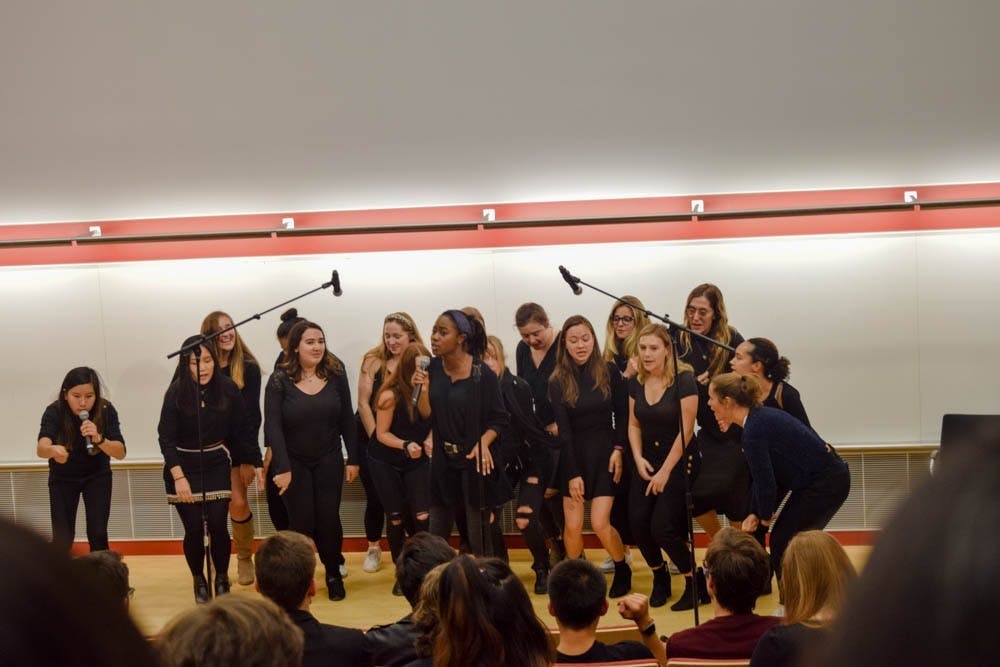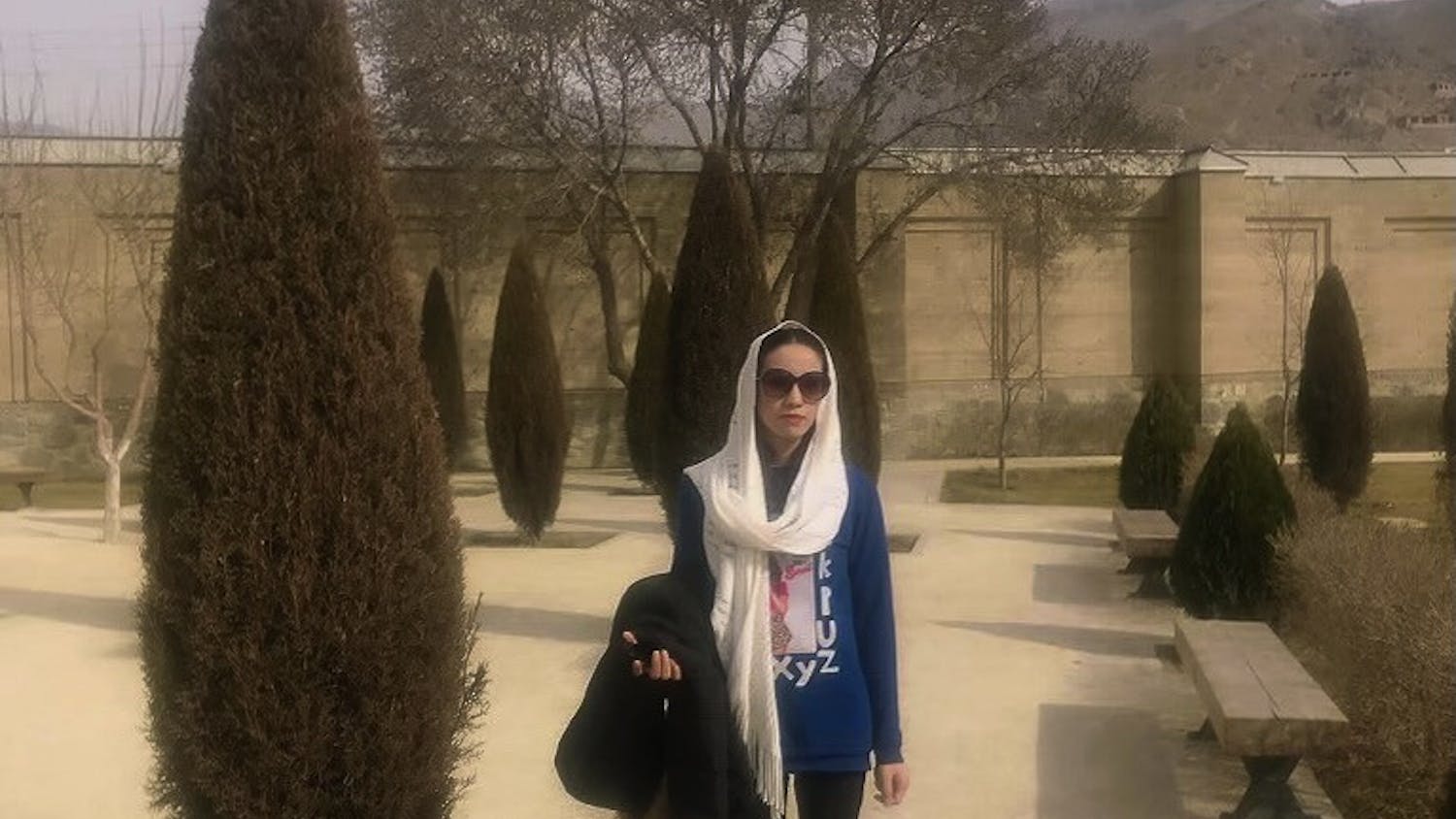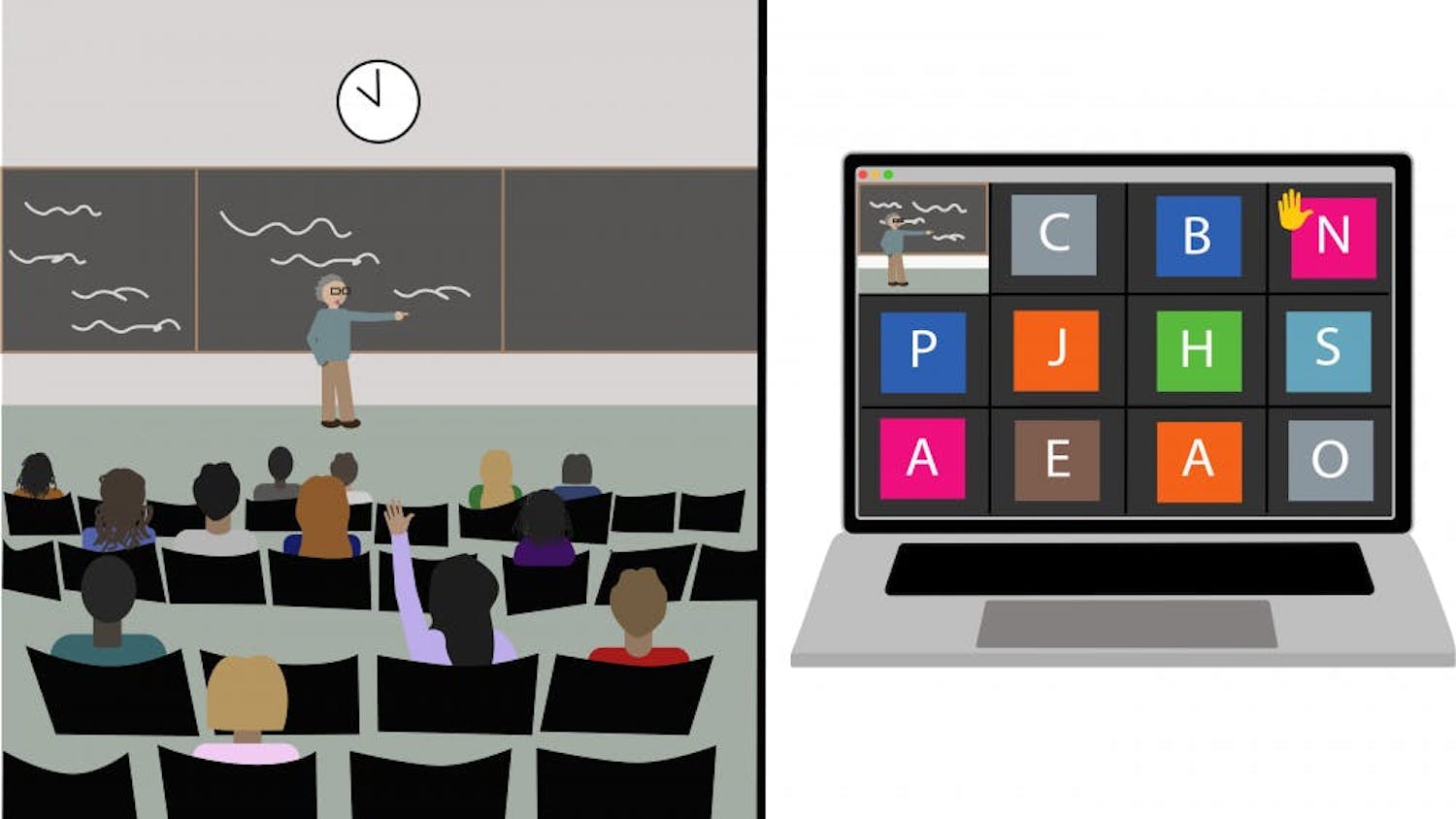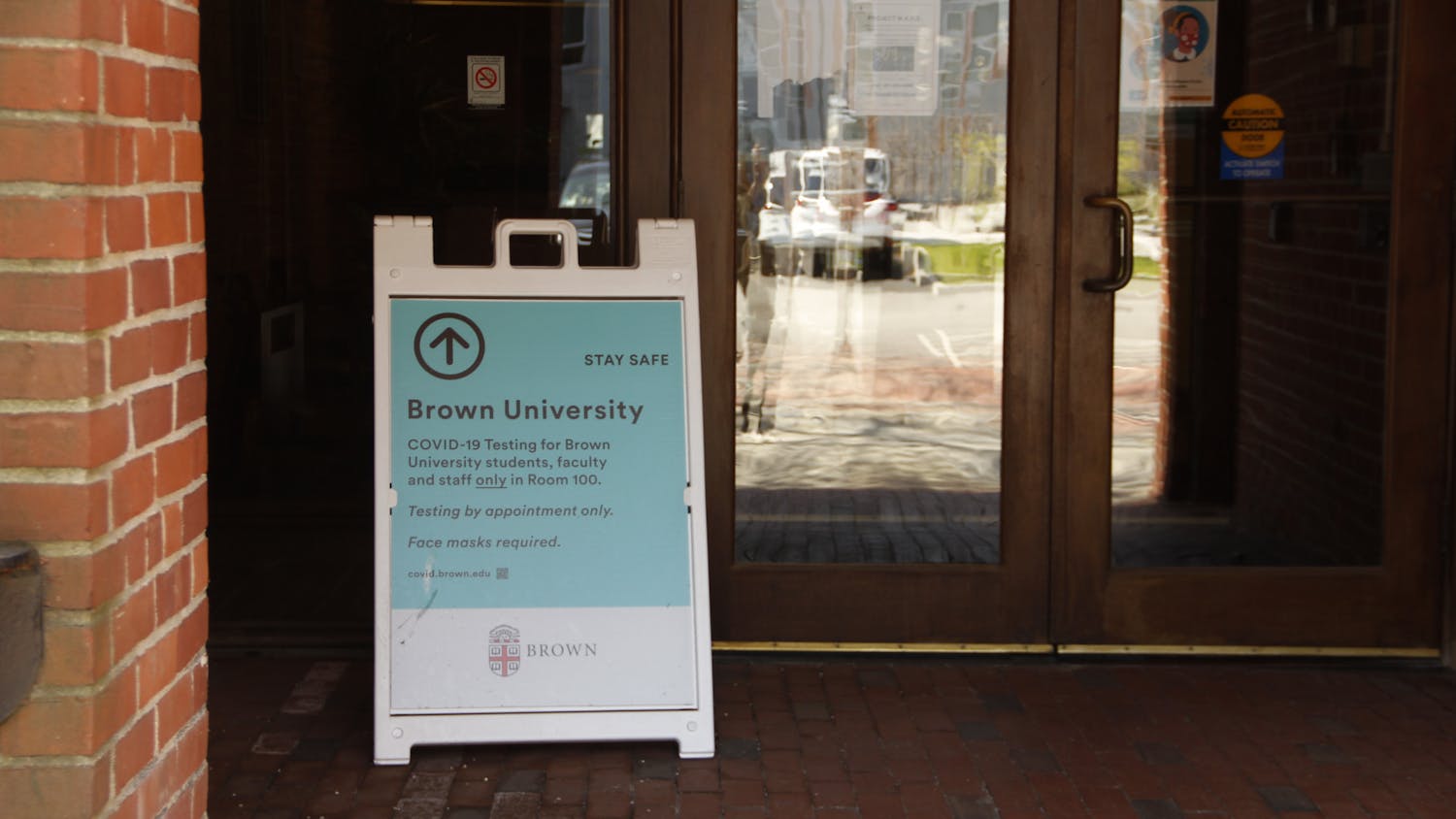Next week, the 10 groups comprising the University’s Intergalactic Community of A Cappella will host their annual round of spring semester auditions.
These spring auditions come after a tumultuous fall semester for the IGCAC community after racist and sexualizing comments made on audition notecards between 2017 and 2019 by members of the Jabberwocks a cappella group were released publicly in a Dear Blueno post, The Herald previously reported.
In response to the post, the Jabberwocks delayed their fall auditions and canceled many events with fellow IGCAC groups, Jabberwocks member and Recruitment Chair Gus Benson ’24 told The Herald.
But this semester, the Jabberwocks and the rest of IGCAC plan to move forward together, with all the groups slated to hold their auditions next week.
Auditions for the spring semester will take place in person from Feb. 14 to 16 at various locations on campus. Prospective singers must sign up for an audition time slot on a Facebook event and are also being asked to take a rapid antigen test before they perform, if possible, according to Olivia Williams ’22, IGCAC czar. For those who don’t feel comfortable showing up to sing in person, virtual options will also be available.
“I know there was a little bit of a hiccup last semester, but I think everything worked out. I think we’re just excited to welcome new people into all the groups,” said Anna Barnett ’23, a member of the Ursa Minors. “I trust the people who are in charge to make the right decisions and put in the correct procedures to make sure that everything runs smoothly.”
IGCAC and members of the Jabberwocks worked throughout the fall semester to improve relationships between the Jabberwocks and other a cappella groups following the September incident.
“We’ve been in dialogue with a lot of people internally at Brown, in (the Student Activities Office) and (in the) Jabberwocks,” Williams said. “A lot of the dialogue about moving forward has remained pretty internal.”
Williams noted that many of the Jabberwocks’ current members were not implicated by the post. When the cards were released, only one member of the Jabberwocks remained from the cohort responsible for the incident, The Herald previously reported.
Though much of the conversation around the Jabberwocks was handled privately between the group itself and IGCAC leadership, this semester IGCAC plans to “potentially involve the Community Dialogue Project on campus to facilitate more dialogue around the issue,” Williams mentioned. The CDP specializes in facilitating conversations among community members on difficult subjects.
Williams also said IGCAC is excited to work with SAO “to make sure that we can sort of rebuild from this history and just move forward in a way that is creating a safe space for everyone in a cappella.”
In the time since the Dear Blueno post went live, the Jabberwocks themselves have dedicated time to undergoing internal reforms and working to reckon with their group’s history, Benson said.
The group met with other a cappella groups individually and also held an IGCAC-wide town hall in September to discuss the impact of the Jabberwocks’ group culture on the campus a cappella scene, Benson explained. For the entirety of the fall semester, the Jabberwocks also dedicated their weekly Sunday rehearsals — one of the group’s three weekly practice slots — to discussing that culture and trying to reform it, using the feedback from its discussion sessions with other groups as a guide.
“We spent a lot of time listening to members of the community air their grievances in hopes of trying to understand where they were coming from,” Benson said. “We dedicated that Sunday rehearsal to just talking about that group culture and the ways that we comport ourselves, our relationship with the rest of IGCAC and confronting the historical identity of the Wocks as a predominantly male and predominantly white group.”
The group also reached out to its alumni network to compile a more comprehensive history of itself in an attempt to confront its “problematic legacy.”
“A lot of (that history) is detailed in a transparency packet that we created in the fall, which is something that’s going to be distributed to all of the individuals who are auditioning in the spring and from here on out,” Benson said. “We’ll continue to update that package each year with each iteration of the Jabberwocks.”
Despite the events of the fall, the Jabberwocks and other groups remain optimistic about the upcoming audition period and excited for IGCAC’s plans for the spring.
“Spring auditions are always smaller than fall,” Williams said, “but we love to just open it up because there are some — especially first years — who aren’t sure what they want to do on campus or don’t know about a cappella when they come in. We just want to give folks an opportunity to audition intermittently.”
Williams also said that spring auditions can sometimes feel more relaxed given the reduced number of auditionees compared to the fall. “It’s just a much more mellow audition process,” she said. “We want to give people as many opportunities to get involved in the groups as possible.”
“I think we’re all feeling really excited,” Barnett said. “Every time we get new members, it’s a really exciting event because we get to meet new people … I think that’s always what I’m looking forward to, meeting new people who love music as much as I do.”





